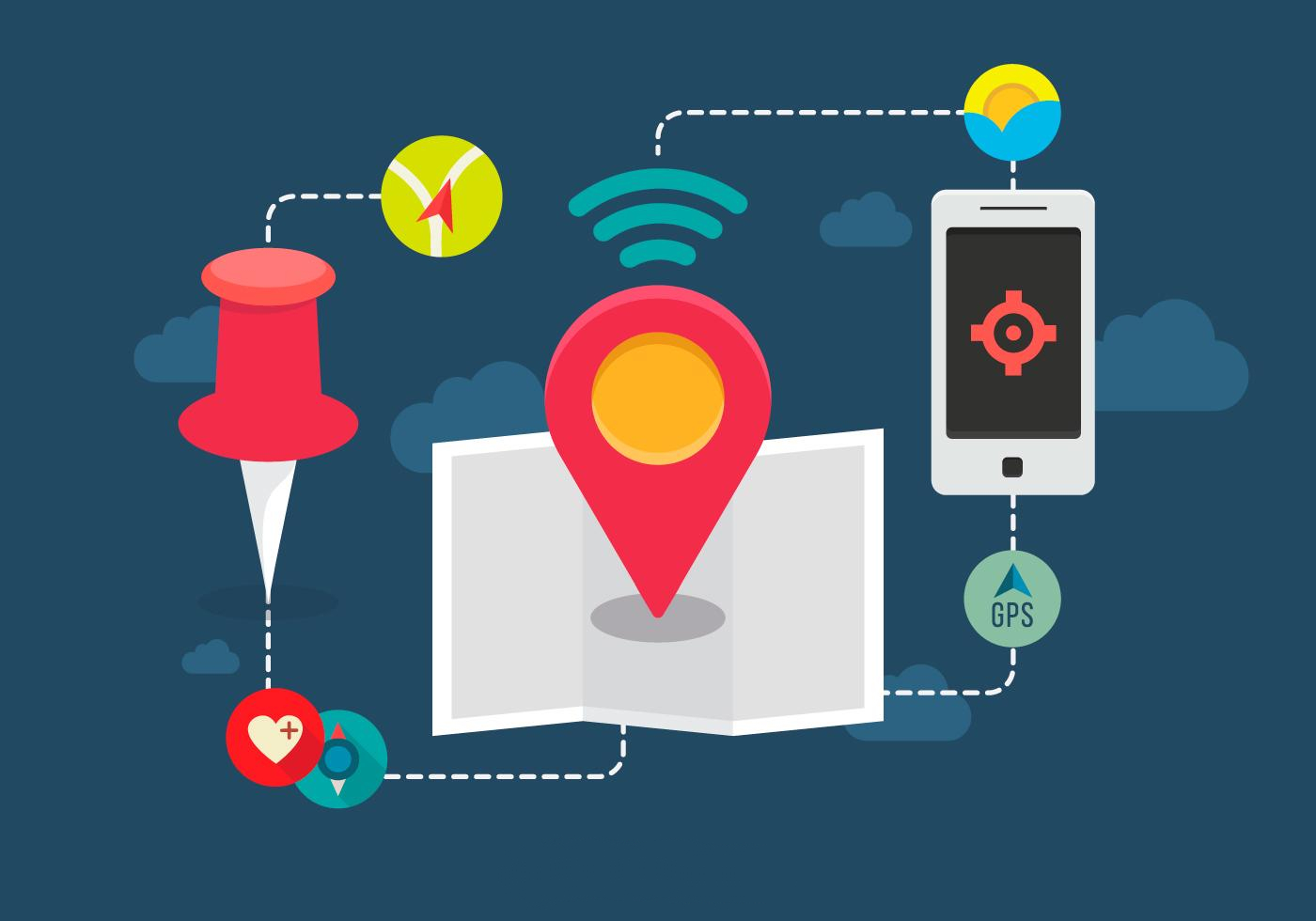Mixed Signals — Part One: Geolocation
Wipe location spoofers and false positives off the map

Wipe location spoofers and false positives off the map
Geolocation, geolocation, geolocation. It’s one of the common risk signals tracked by anti-fraud solutions and often the reason legitimate customers are thrown into account verification purgatory.
Geolocation locates users via a GPS signal, IP address mapped to geography, wifi network locations, or web browser location information on their device. Geolocation is helpful in combating fraud, that is, if it’s used properly. However, many fraud prevention companies erroneously depend on IP address alone, and don’t possess the data at scale to differentiate between a fraudster and someone who’s simply transacting in an unfamiliar area. This makes businesses susceptible to location spoofing—when fraudsters falsify their location by using a virtual private network (VPN) or IP spoofing techniques.
Ineffective use of geolocation also contributes to online payment fraud, which is expected to cost businesses 200 billion by 2024. Additionally, verifying location without the right intelligence leads to the much-maligned false positive, and from there metastasizes into a user experience nightmare.
How geolocation impacts users
Account takeover by way of location spoofing isn’t fun for businesses—particularly merchants who bemoan chargebacks—and neither is a false positive credit card decline, which unnecessarily annoys users and causes a churn reaction.
Imagine traveling to another state on vacation and needing to gas up your rental car. Easy enough. But the gas pump declines your credit card transaction, requiring you to call your bank and verify your identity, or, heaven forbid, actually have to go and talk to the member of staff in the office, which in turn throws off the timing of your family’s tightly packed itinerary. Even worse, what if you can’t buy a plane ticket because the airline triggered multi-factor authentication (MFA) and seats filled up by the time you verified your identity?
A recent fraud surge on the Nike SNKRS app exemplified the impact of location spoofing across verticals. The app released a special pair of sneakers only made available to customers within a certain region. Predictably, fraudsters manipulated their IP addresses in order to buy the sneakers, leaving a slew of unhappy SNKRS users in their wake.
Whether users are falsely identified as bad actors or locked out of buying a rare pair of shoes, relying on IP addresses alone to stop fraud is damaging to a brand’s user base and reputation.
IP address isn’t spoof-proof
IP addresses are easily exploited by fraudsters. Tapping a VPN or other proxy to conceal their location requires minimal sophistication. As such, businesses need to supplement IP data with additional location intelligence to accurately identify trustworthy users (and keep bad ones out). Conversely, they need to be able to identify when a legitimate, privacy-concerned user accesses online services and apps via a VPN.
The question remains, then: What is the best (read: only) way to successfully outwit location spoofers and avoid geolocation-triggered false positives?
Relieving geolocation irritation
If location-spoofing fraudsters have your compass spinning out of control, Deduce’s identity intelligence data can provide a sense of direction. Deduce combines real-time and historical data to eliminate false positives, discerning if a user is fraudulent or if they’re simply a good, tax-paying citizen who’s on the move.
Powered by the Deduce Identity Network—500 million anonymized user profiles, 150 thousand websites and apps, over 1.4 billion daily activities—Deduce’s algorithms analyze multiple trust signals, in addition to IP, for a given user (device, network, time of day, and a lot more) to determine if a user is legitimate.
By tracking online activity related to time of day, day of week, and specific activities such as logins, account creation, checkout, forgotten password, etc. over time, Deduce is able to discern “normal” behavior from fraudulent behavior. (After all, you’d be suspicious if your neighbor started mowing his lawn at 10:00pm, right?) As an identity’s activity is tracked over the course of two weeks, a month, six months, and so on, a more accurate picture of an identity’s behavior is established and the confidence factor increases. In fact, Deduce is likely the first to know when an ATO has occurred, usually well before the victim themselves.
In rare cases in which Deduce is not able to determine fraud via geolocation, our Customer Alerts feature quickly notifies consumers to confirm their identity and location. This feedback only strengthens Deduce’s algorithms to ensure such verification measures aren’t necessary in the future.
User experience isn’t the only incentive for companies to fortify their geolocation authentication. In some industries, such as online gaming, Deduce’s intelligence layer could prevent enormous fines related to regional gambling laws and/or the collapse of a company altogether. All the more reason to ditch an IP-only approach.
Ready to jump-start geolocation in your fraud prevention efforts? Contact us today and try Deduce for free.



